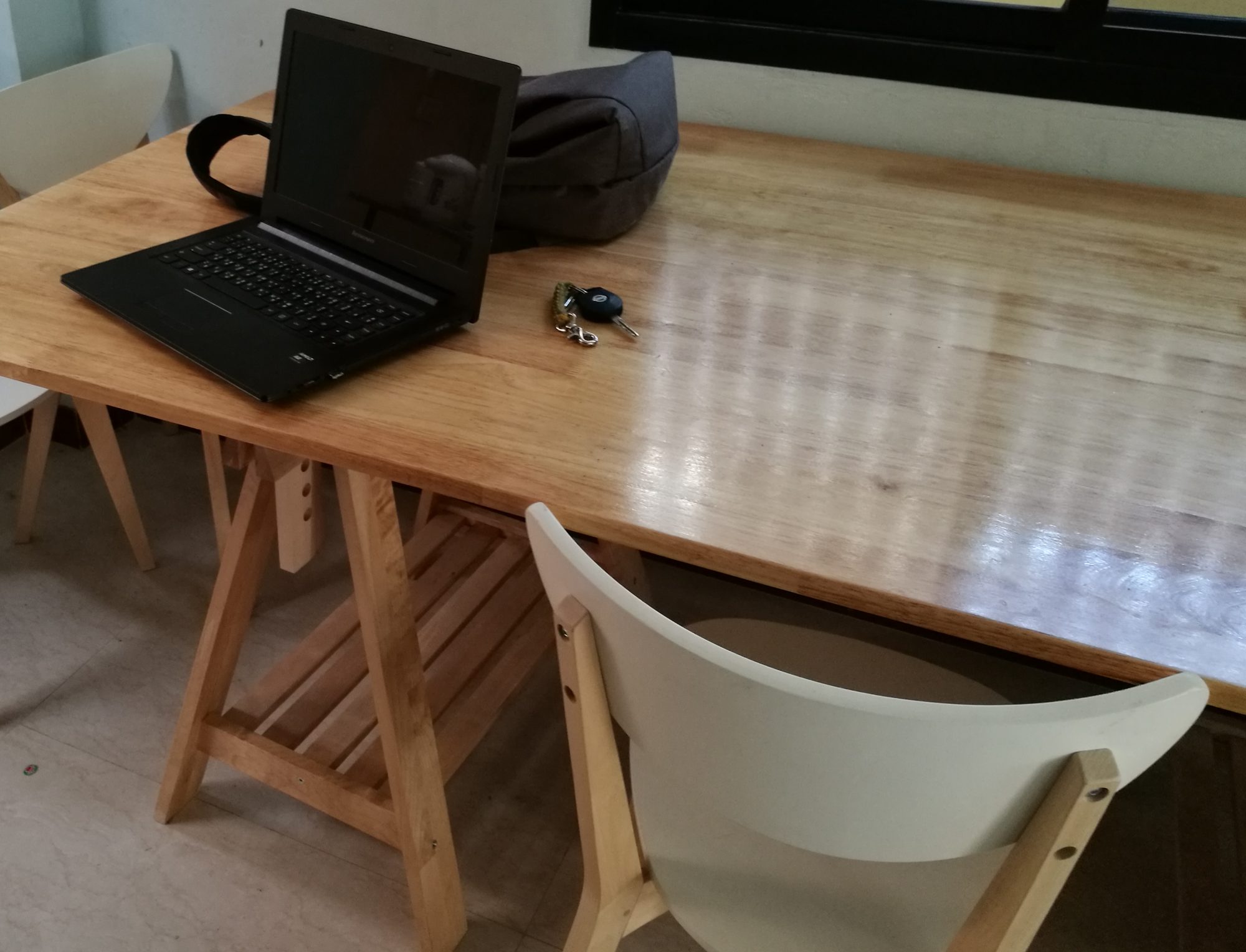in case you didn’t read about backup free on cloud you should consider read that first. this is the “not free” solution, so budgeting may need to consider here too.
first option, use the cloud solution you have and pay extra money for the storage., and that’s it.
second, that we will dig deep here, buy NAS and put it on cloud.
third, that we will talk later; setting your owncloud, auto compressed and encrypted files on schedule.
what is NAS?
NAS (Network Attached Storage, or network storage) is your storage that can access via storage. now every major NAS has ability to connect via internet., (even this cannot call real cloud but seem like every one call this cloud)
technical notice: to be connected via internet (as mention above many company call this cloud) the storage (or any device you need to use) have to have accessible internet addresses. to do that we needed to use DDNS or any other form of collection of mapping your private IP addresses to public IP address. most NAS have their own method to do this. so when you bought ones, read first before buy the product how they connect to cloud.
when you choose NAS over free cloud or even not free cloud?
if your storage cost a little as USD10 to USD20 per month, this may put you in the pay for the services may better. in case of you need to backup 200GB or over this may easier for you to consider setup your own devices.
what to consider while buying NAS?
in case you don’t know all NAS has no Storage build-in, you needed to buy it separately.
to consider your NAS, this may help you some:
- how many users?
- how large of data you want to store in next 5 years
- how frequency of data access and usage, this mean you use this NAS not only for backup but for sharing files between team.
- how good of security of the NAS itself (encryption, password protect, level of access, password forget, token generated)?
for more information I suggested you to look in to each major brand NAS in the market as listed here:
- QNAPP: this may overkill in many situation, but as far as I use this, I said I appreciated all detail and manual instruction in their channels. you have all features you asked for.
- Synology: not so differ from QNAPP, most good point of Synology is a lot of solution in 1-2 U formats; good for store within your network racks.
- Zyxel: same brand of many network equipment; the strong point is cheap solution, worst point not much features, not much solutions, only 2 and 4 bays.
- Asus: (Asustor) they have wide variety of product; never use this one since they separate from Asus to Asustor.
- other choice? try check here just put some that I use most.
storage chosen.
you needed to put some storage to NAS., HDD (harddisk drive) or SSD (solid state drive) most NAS use SATA as interface, some like SAS type use other connector (will describe later if some ask about that).
if you use your storage alone and only for backup eco type(green) harddisk is ok normal type may help improve access time. you have to change to NAS type harddisk in case of using this frequently, many users access at same time. most NAS type harddisk price may higher than normal harddisk 10-20% (october 2022) this due to large cache for read and write. normal harddisk come with cache 64MB, NAS type come with 128,256,512 MB to largest cache I found now is 2GB, that make different on access time.
if you choose SSD instead of HDD, the access time may faster, but you need regularly check on your SSD condition or TBW (terabyte written) and this may not good for backup, and good for data sharing instead.
